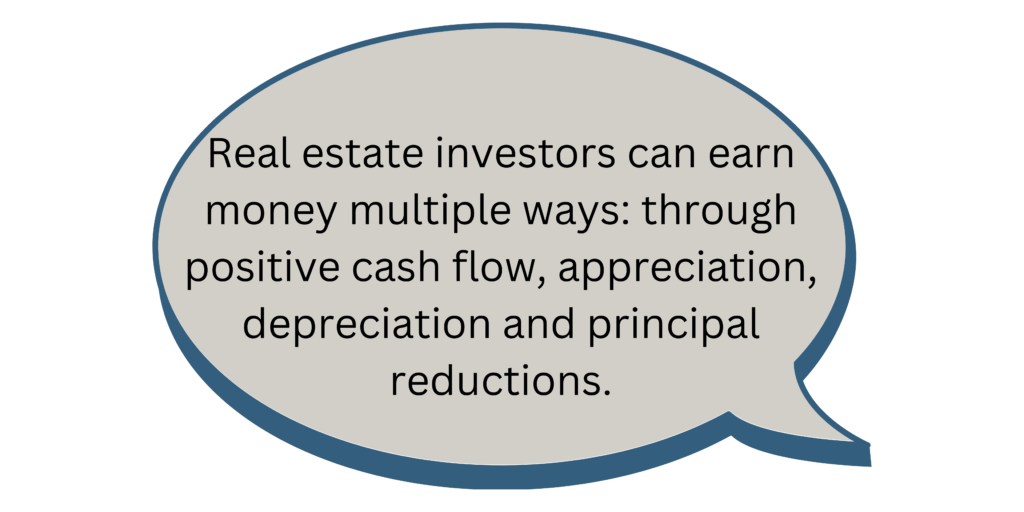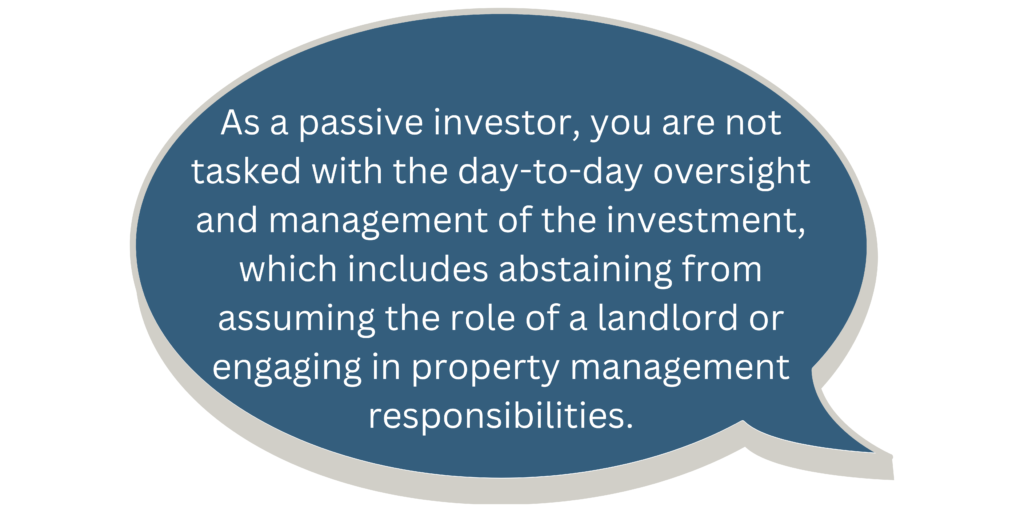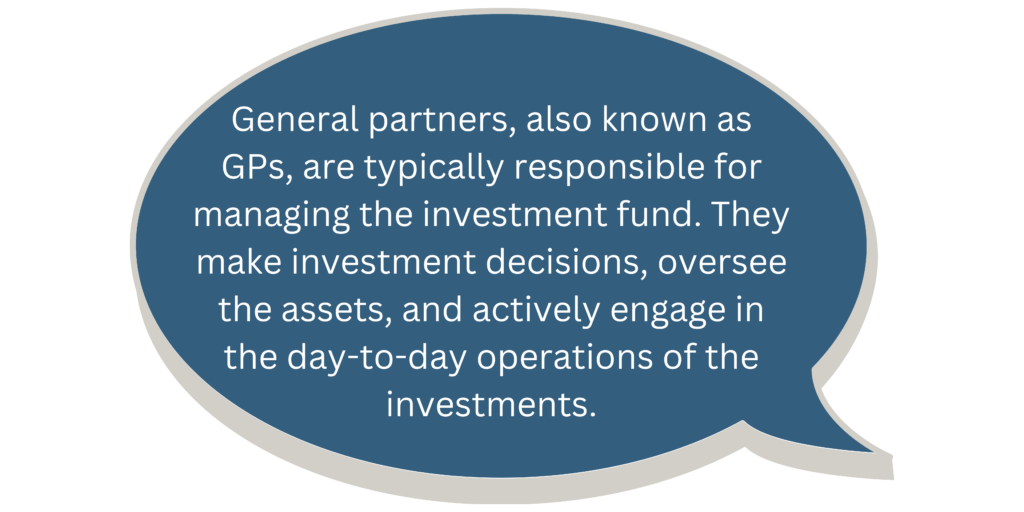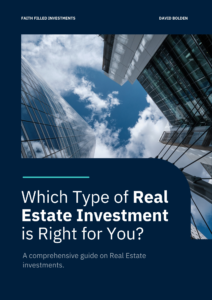“Buy land, they’re not making anymore.” – Mark Twain
“The best investment on Earth is earth.” – Louis Glickman
“Ninety percent of all millionaires become so through owning real estate.”
– Andrew Carnegie
“The Major fortunes in America have been made in land.”
– John D. Rockefeller
“More money has been made in real estate than in all industries combined.”
– Andrew Carnegie
Real Estate Insights
Real Estate Books
- Ken McElroy – The ABC’s of Real Estate Investing
- Rod Khleif - How to Create Lifetime Cashflow Through Multifamily Properties
- Frank Gallinelli – What Every Real Estate Investor Needs to know about Cash Flow
- Brandon Turner – The Book on Rental Property
- Gary Keller – The Millionaire Real Estate Investor
- Michael E. Gerber – The E Myth Real Estate Investor
Personal Development Books
- R. Donahue Peebles - The Peebles Principles
- Robert Kiyosaki – Rich Dad Poor Dad
- Denis Kimbro – Think and Grow Rich A Black Choice
- Darren Hardy – The Compound Effect
- Brian Tracy - Million Dollar Habits
- Ray Dalio - Principles



Recession-resistant:
- Apartments tends to do well despite drops in the economy.
- More land will not be created, but our population will increase.
- Occupied units are increasing causing a higher demand for apartments.
Cashflow plus appreciation:
- Adding value through renovating
- Value add through reducing the property expenses
- Causing monthly cashflow to increase
- Increasing the overall value of the property
- Creating a potential higher refinance option and a higher sale price.


Tax Preferred:
- Uncle Sam gives advantages to real estate investors.
- Real estate investors provide rental housing to people who can’t, or just don’t want to buy homes.
- To encourage us to do that, the government has written several great things into the tax code.
Tax-free income:
- Rental income - is not subject to payroll taxes
- Depreciation – reduce taxes, based on normal wear and tear of the asset
- Deductions – expenses such as property management, mortgage interest, repairs, etc.
- Capital gains deferment – there are ways to even defer your capital gains tax
- Passive losses – report a loss against your total income, but still collect cash flow from your investment.

(Disclaimer: I am not a CPA and this in no way should be constituted as professional tax advice. Every situation is different, but these are some common benefits that people generally experience with real estate investing. They may not apply in all cases.)





